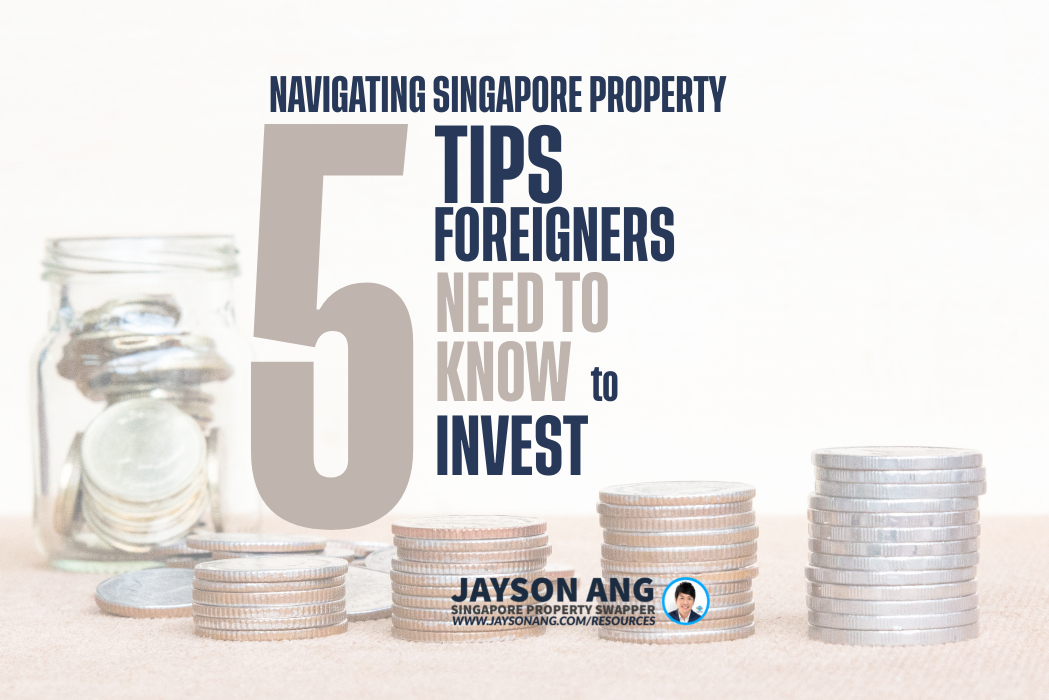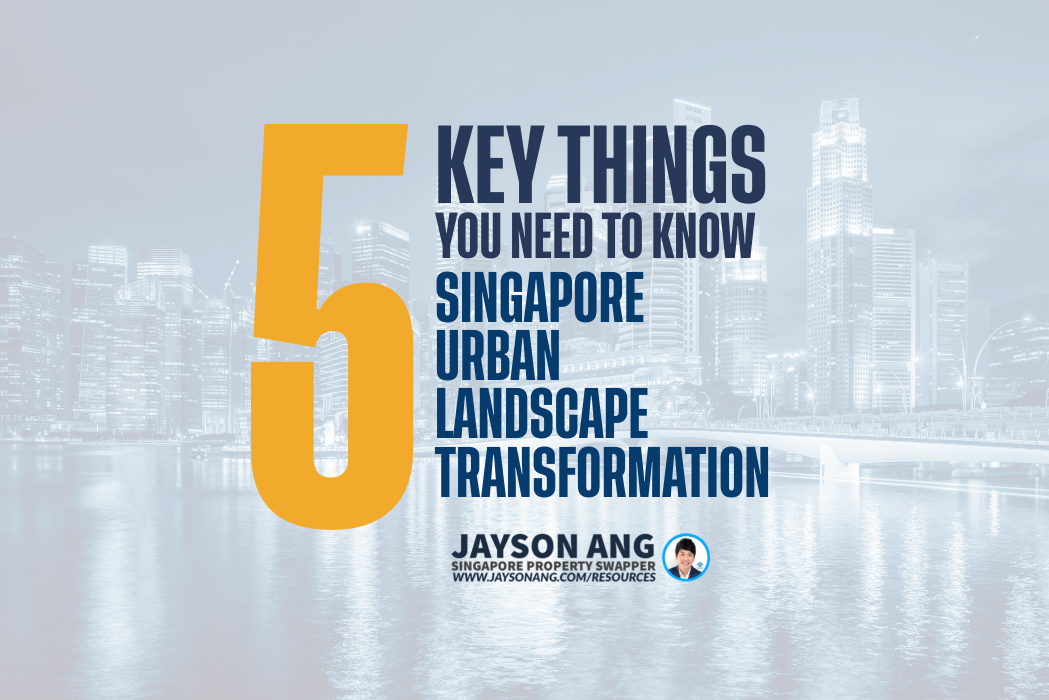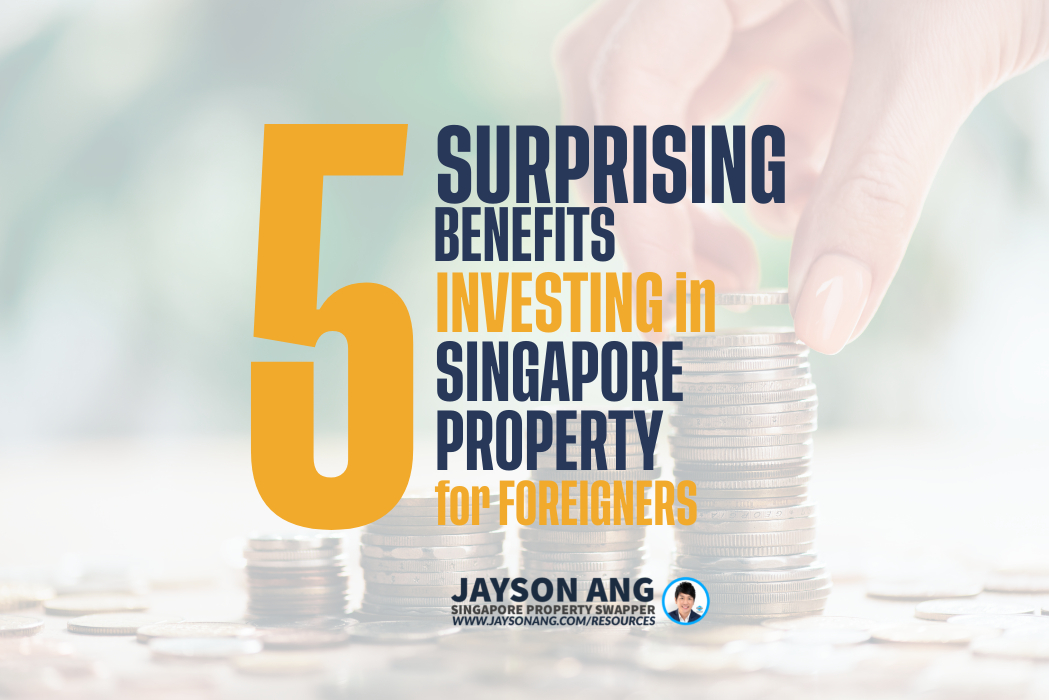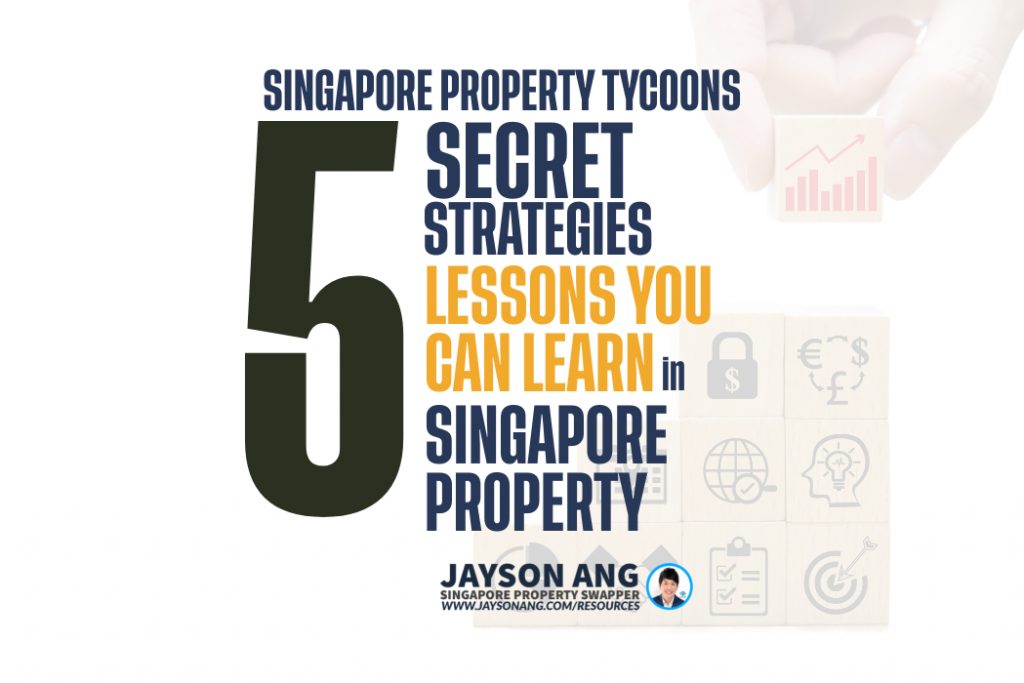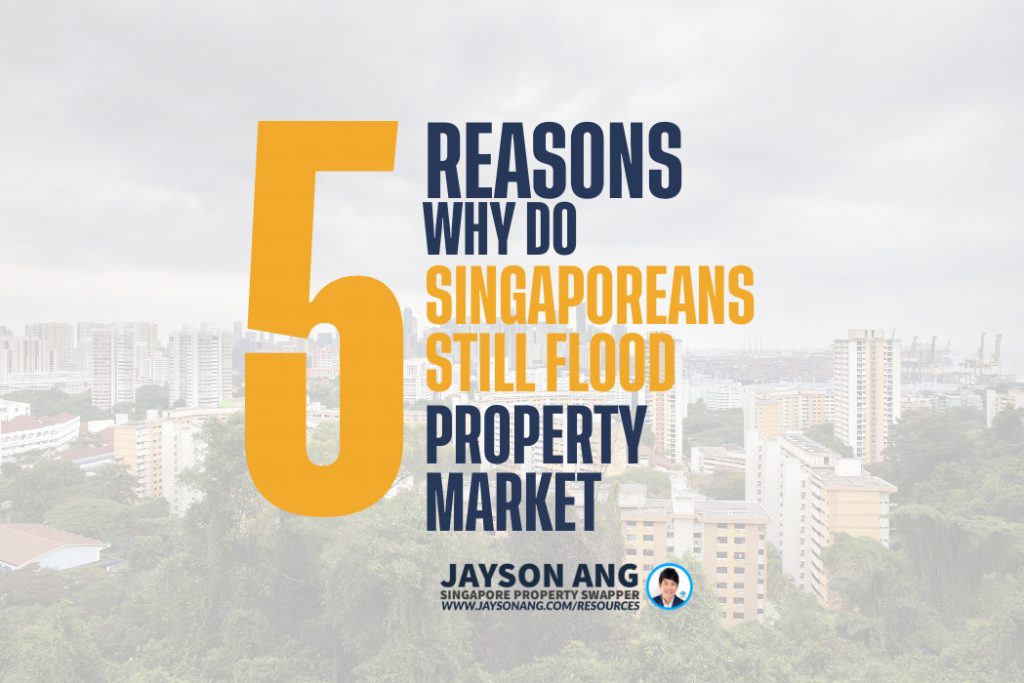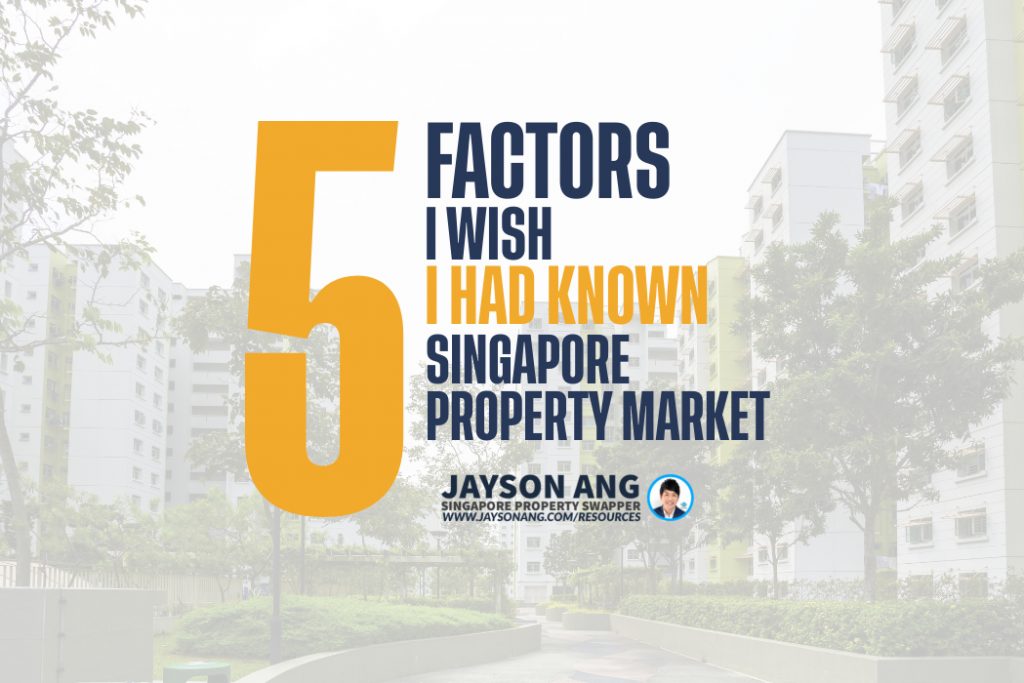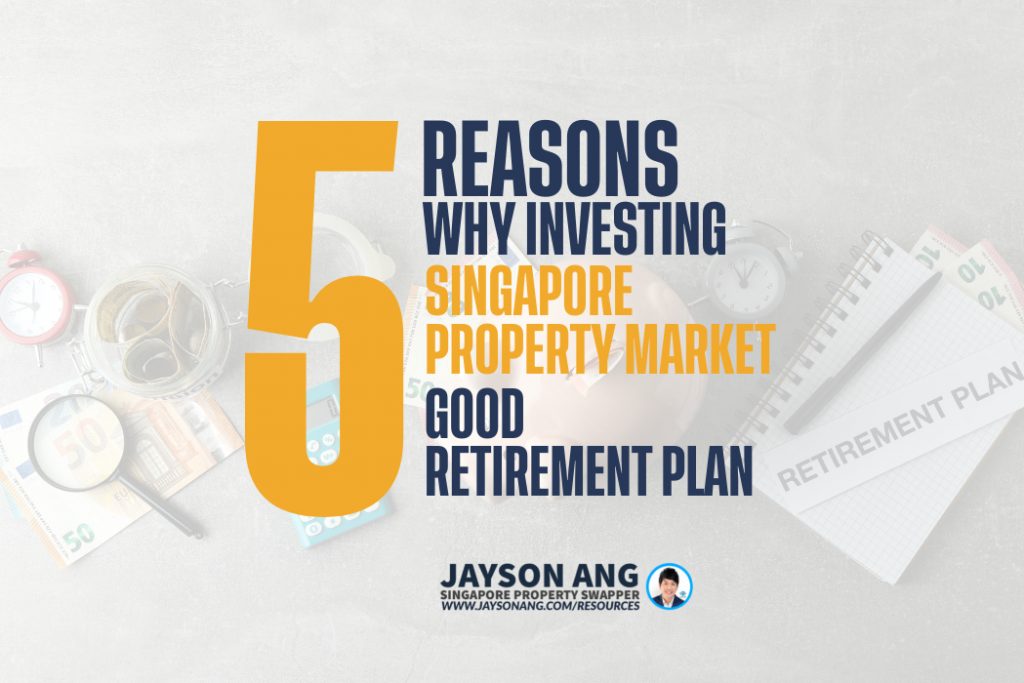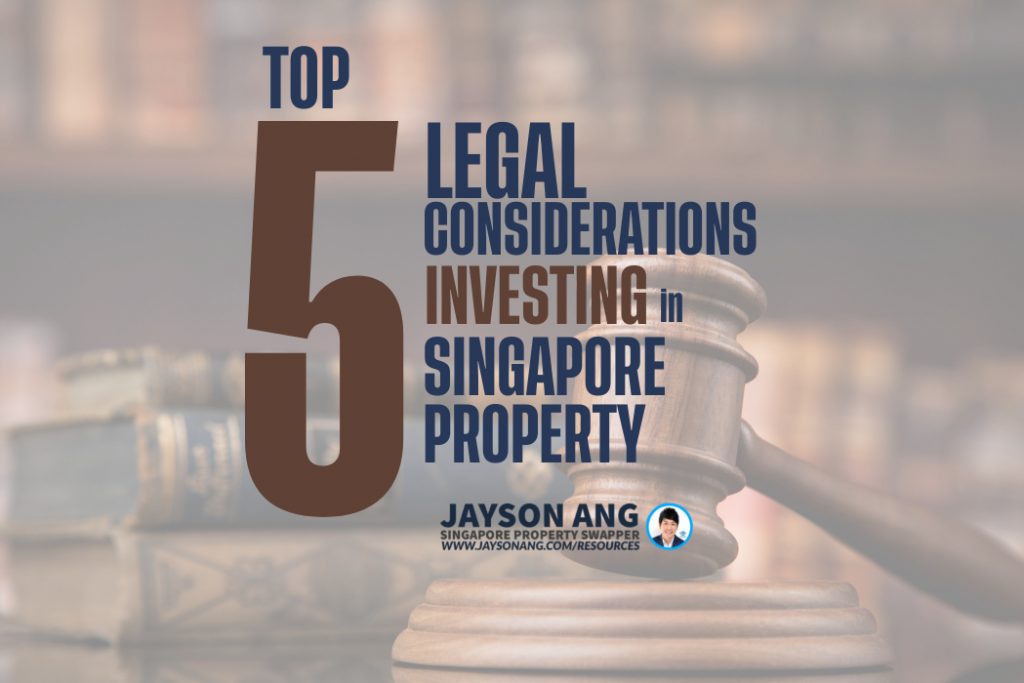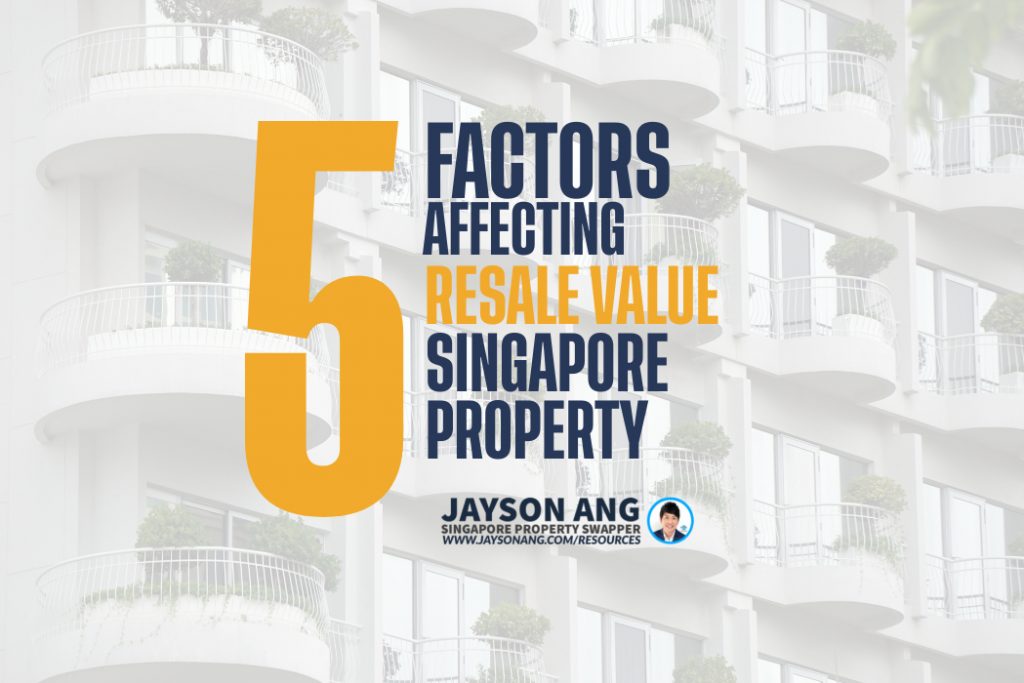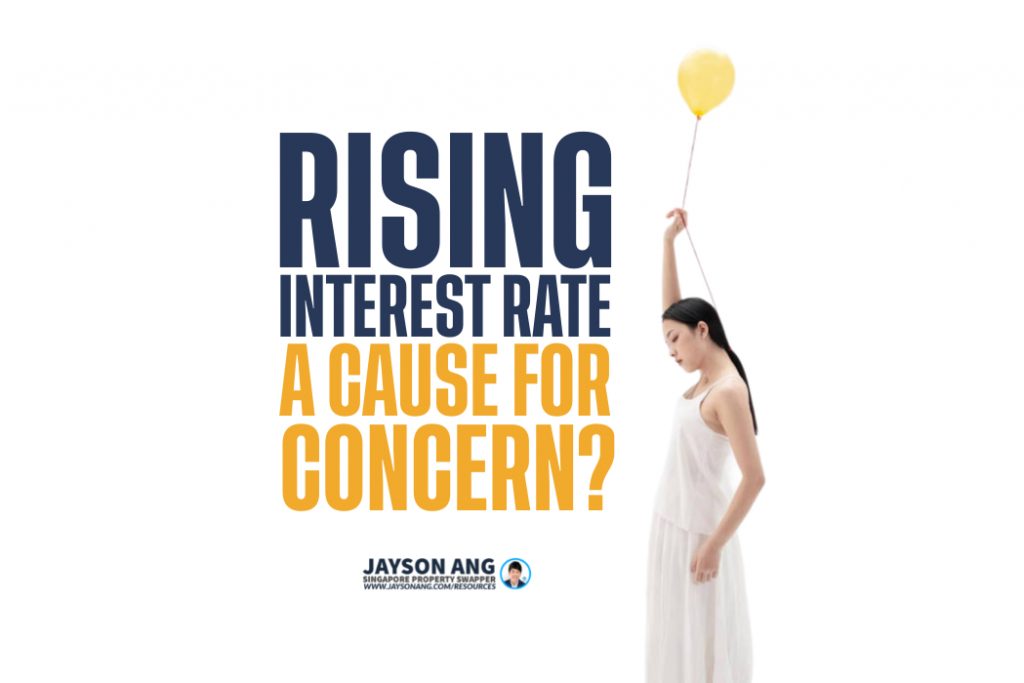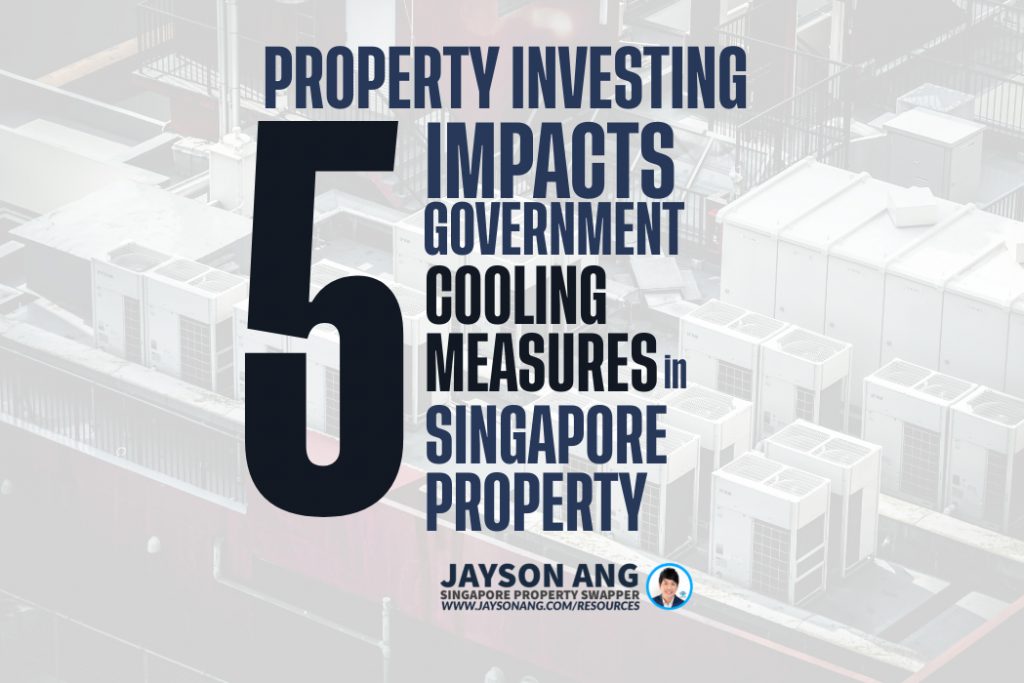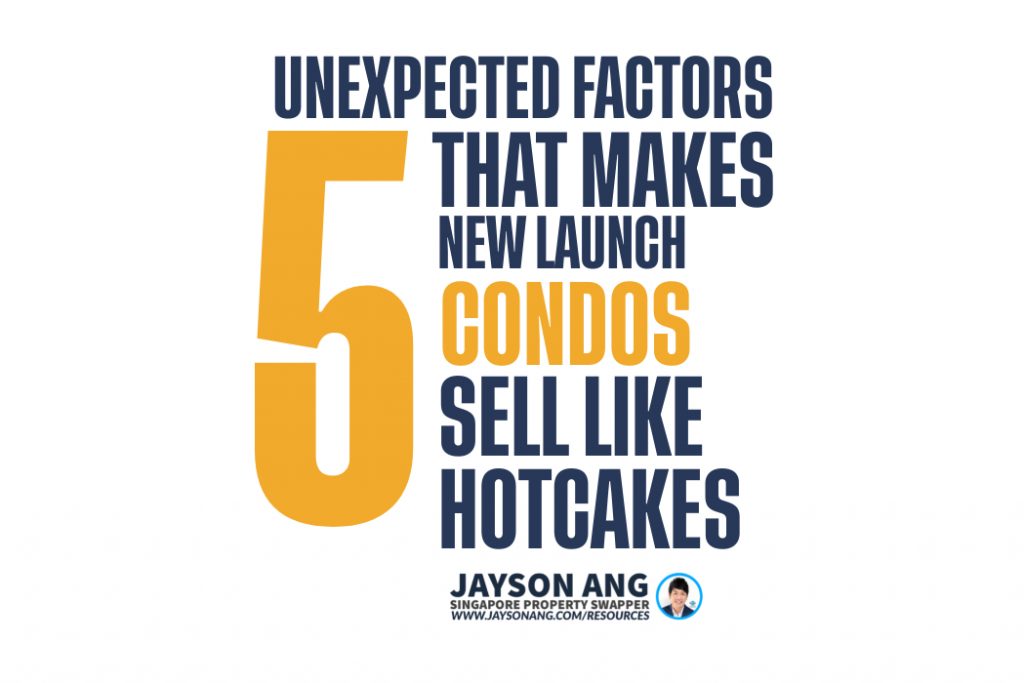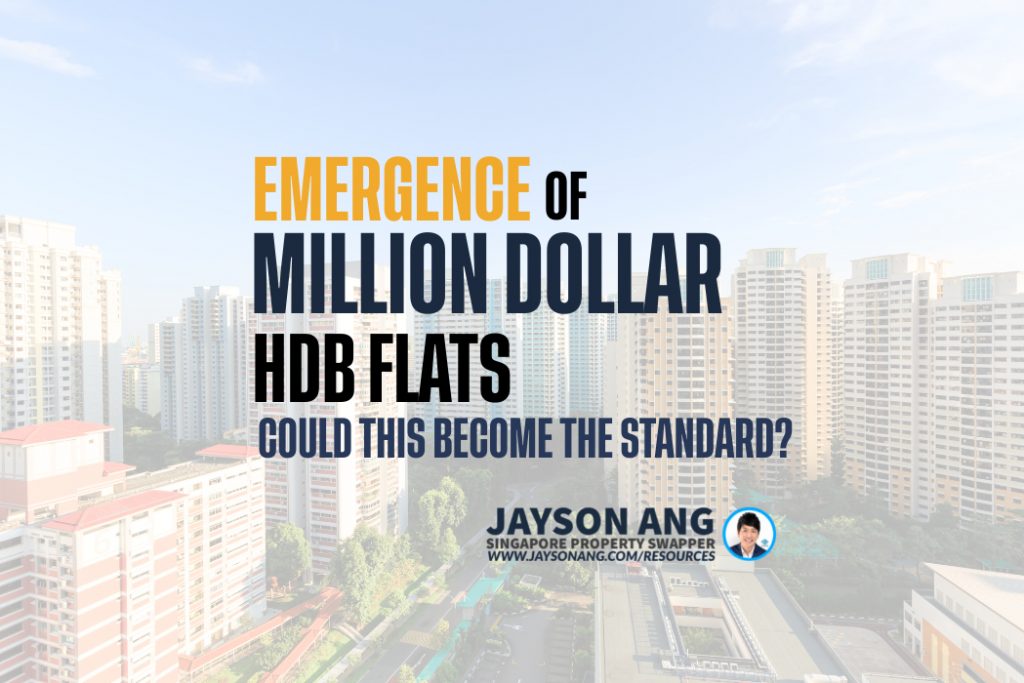Singapore, a thriving hub of business and commerce in Southeast Asia, boasts a highly developed economy and a robust real estate market. For foreign investors looking to invest in property in Singapore, there are a range of options available, including commercial and industrial properties. However, navigating the Singapore property market as a foreign investor can be complex and challenging.
In this article, we will explore five essential things you need to know when investing in Singapore’s property market.
1. Foreign Ownership Restrictions:
Foreigners can only buy landed property in Singapore with approval from the Land Dealings Approval Unit (LDAU). Landed properties in Sentosa Cove are an exception to the rule and are available for sale to foreigners. There is no restriction on foreign ownership of flats or condominium units. To purchase landed property, foreigners must obtain approval from the LDAU or take up a leasehold estate in a landed residential property for a term not exceeding seven years, including any further terms which may be granted by way of an option for renewal.
2. Legal Requirements:
Foreign investors must familiarize themselves with the regulatory guidelines on foreign property ownership and understand which home loans they are qualified for. The procedure of applying for home loans for foreigners is similar to Singapore Citizens (SCs) and Singapore Permanent Residents (SPRs). However, the type of loan packages and financing options will differ between banks.
3. Hiring a Property Agent:
As a foreigner, navigating through the property market in Singapore can be overwhelming. For a hassle-free experience, it is highly advised to employ an experienced property agent who can help you find the right property and guide you through the buying process.
4. Taxes and Duties:
Currently, Singapore does not impose capital gains tax, inheritance tax, and estate duties. However, it is essential to check if you need to pay any taxes before purchasing a property in Singapore.
5. Pros and Cons of Property Investment:
There are several advantages and disadvantages of property investment in Singapore that you should be aware of. Some key disadvantages include upkeep maintenance cost, vacancy periods, fluctuating interest rates, and difficulty in choosing the right property. On the other hand, Singapore’s status as the leading investment destination in Southeast Asia, its safe-guarded property rights, and transparent regulation environment provide buyers and investors confidence and security when engaging in the property sector.
Investing in Singapore’s property market as a foreign investor can be a rewarding experience if you are well-prepared and informed about the various aspects of the market. By understanding the foreign ownership restrictions, legal requirements, hiring a property agent, being aware of taxes and duties, and weighing the pros and cons of property investment, you can make an informed decision and maximize your investment potential in this vibrant and dynamic city-state.
Should You Buy, Sell or Wait?
If you’re reading this, you must be trying to figure out the best course of action right now: is it the right time to buy or sell?
It’s difficult to give an exact answer since everyone’s situation is unique and what works for one person may not necessarily work for you.
I can bring you a wealth of on-the-ground experience and a data-driven approach to provide clarity and direction. From beginners to experienced investors, our top-down, objective approach will help you on your real estate journey.
I can help you by:
- Offering Strategic Real Estate Advice – I can help create a comprehensive plan to guide you through your property journey.
- Connecting Your Home with the Perfect Buyers – Through stunning visuals, an effective communication strategy, and an in-depth knowledge of the market, we’ll ensure your home is presented in the best possible way to fulfill your goals.
You May Also Like …

